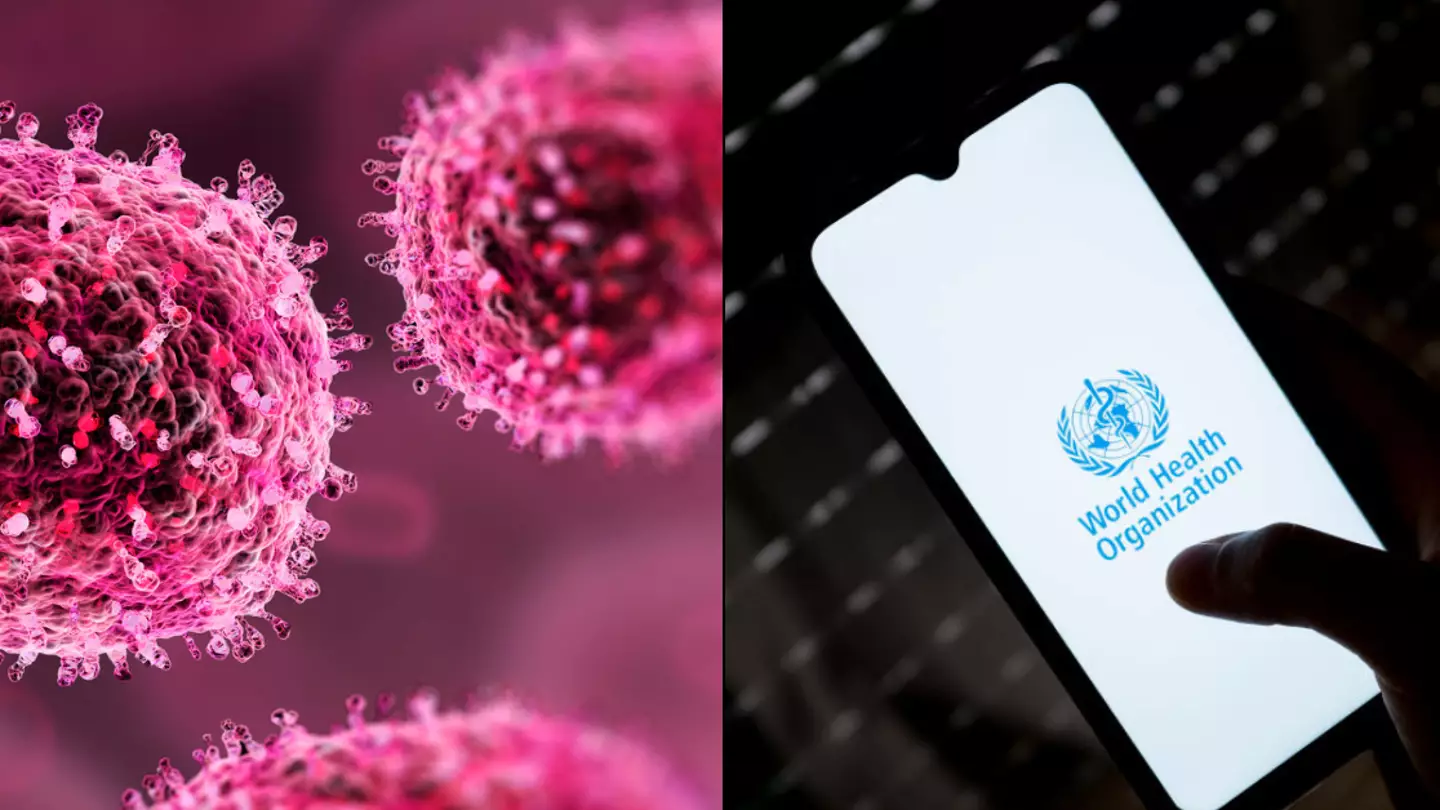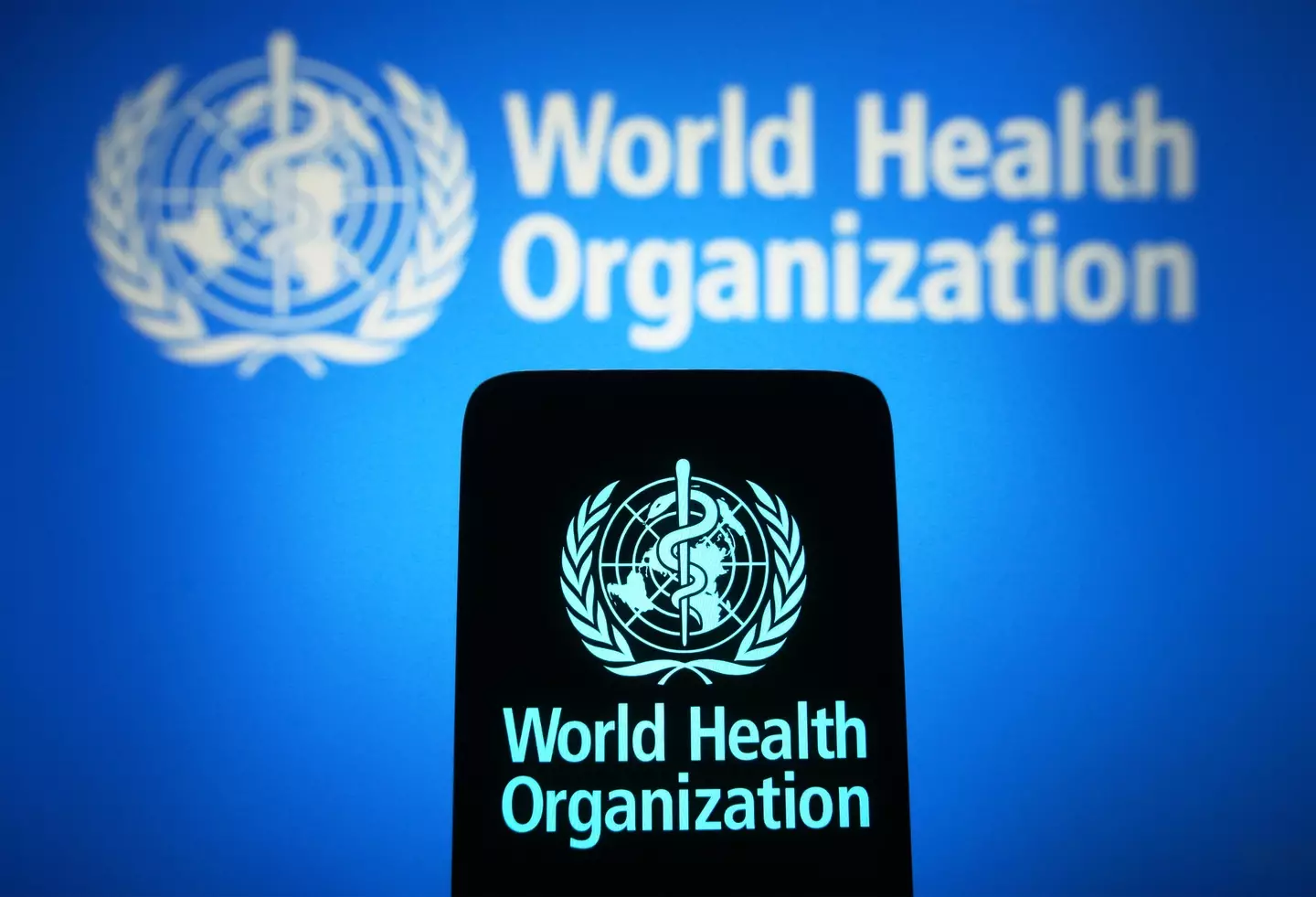
Health officials in the UK are preparing for any potential cases of a new strain of mpox to arise after the World Health Organisation (WHO) declared the current outbreak a global emergency.
Infections are currently rife in numerous African countries after a new type of the virus emerged in the Democratic Republic of Congo last year, while Sweden has confirmed its first case of the more contagious variant too.
The patient in the European country contracted mpox - which spreads through close contact - while travelling in a part of Africa where there was a large outbreak, the Swedish public health agency said.
The news comes after the WHO declared the virus as a global public health emergency on Wednesday (14 August), with director-general Dr Tedros Adhanom Ghebreyesus describing the ongoing situation in Africa as 'very worrying'.
Advert
"This is something that should concern us all," he warned. "The potential for further spread beyond Africa and beyond is very worrying."

Mpox, formerly referred to as 'monkeypox', is a viral illness which is caused by the monkeypox virus. The disease is commonly considered to be a less severe version of smallpox.
According to the WHO, mpox was originally transmitted from animals to humans, but can now spread from person to person via close contact with someone who is infected.
It's thought that the virus enters the body via broken skin, the respiratory tract and via the eyes, nose, mouth or genitals.
Transmission occurs from skin-to-skin contact, sex or breathing/talking near an infected person, but you can also become unwell from interacting with contaminated objects such as clothing and bedding.
Now, the UK Health Security Agency have issued an update to Brits about the concerning situation amid the spike in cases of the mpox strain, known as clade 1b.
It has been detected in several African countries and it is feared that this variant is more likely to result in severe disease or death - however, there are no cases confirmed in the UK currently.

Mpox causes flu-like symptoms as well as pus-filled lesions, and although most cases are mild, it can be fatal.
It poses a higher risk to children, pregnant women and those with weakened immune systems.
Although health chiefs in the UK emphasised that the risk is low, they urged people to be vigilant about their health.
Dr Meera Chand, a UKHSA deputy director, said: "The risk to the UK population is currently considered low. However, planning is under way to prepare for any cases that we might see in the UK.
"This includes ensuring that clinicians are aware and able to recognise cases promptly, that rapid testing is available, and that protocols are developed for the safe clinical care of people who have the infection and the prevention of onward transmission."
According to Africa Centres for Disease Control and Prevention, cases have increase by 160 percent and deaths are up 19 percent compared with the same period last year.
So far, there have been over 14,000 cases and 524 people have passed away.
The CDC added that mpox cases have now been reported in 13 countries across the continent, with previously unaffected nations like Burundi, Kenya, Rwanda, and Uganda now confirming outbreaks.
This is the second time in two years where mpox has been declared a health emergency by WHO, with the last major outbreak occurring in 2022.
Topics: Health, UK News, World News